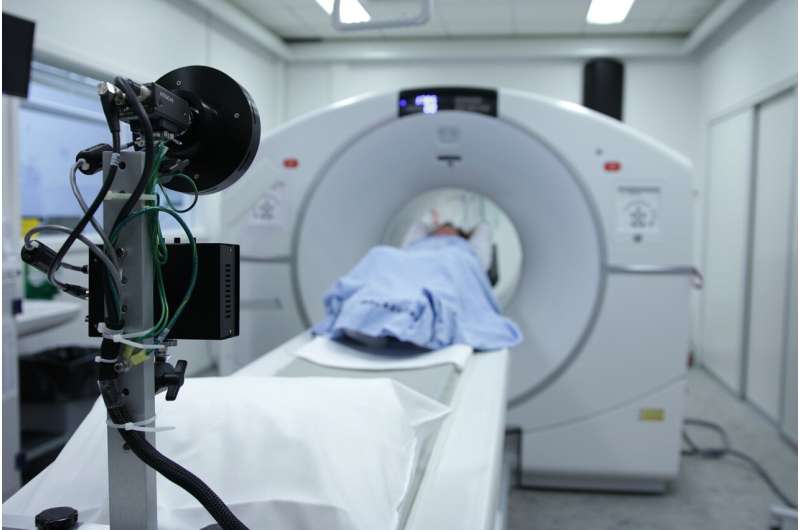Free Open-Source AI Tools Match Commercial Systems in Medical Scan Analysis

New research shows that free, open-source AI models can match commercial systems in analyzing medical scans, ensuring privacy and reducing costs for healthcare providers.
A recent study conducted by the University of Colorado Anschutz Medical Campus demonstrates that free, open-source artificial intelligence (AI) tools can perform as effectively as costly commercial systems in interpreting medical scans, all while maintaining patient privacy and reducing costs. Published in the journal npj Digital Medicine, the research highlights a significant breakthrough for healthcare providers seeking affordable and secure AI solutions.
Traditionally, advanced AI systems such as GPT-4 require transmitting sensitive patient data to external servers for processing, introducing privacy concerns and often demanding expensive hardware infrastructure. To address these issues, the study focused on training AI models using synthetic, or fake, radiology reports that mimic real clinical language without exposing private information. This approach enabled the creation of secure, internal AI tools suitable for hospital environments.
The team trained six different free AI models on 3,000 synthetic reports related to thyroid nodules, which are common neck lumps evaluated using the ACR TI-RADS scoring system to assess the risk of cancer. These models were then tested on 50 authentic patient reports and compared against commercial AI options like GPT-3.5 and GPT-4. Remarkably, one open-source model, Yi-34B, matched GPT-4's performance with minimal learning examples. Additionally, smaller models capable of running on standard computers outperformed GPT-3.5 in certain assessments.
According to lead author Dr. Nikhil Madhuripan, the findings suggest that healthcare facilities can adopt robust AI tools without investing in expensive systems or risking patient privacy. Open-source models offer the advantage of operating within hospital infrastructures, eliminating the need to send sensitive data externally.
Beyond radiology, this approach of leveraging synthetic data for training AI models holds potential for broader medical applications, including interpreting CT scans, organizing electronic health records, and monitoring disease progression. Dr. Aakriti Pandita emphasizes that such tools can save time, cut costs, and ensure privacy, making AI integration in everyday clinical practice more feasible.
This development marks an important step toward inclusive, secure, and cost-effective AI solutions that support healthcare delivery while safeguarding patient confidentiality. Source: Medical Xpress
Stay Updated with Mia's Feed
Get the latest health & wellness insights delivered straight to your inbox.
Related Articles
Breakthrough in Stem Cell Research Reveals Pathways for Tooth and Bone Regeneration
New research uncovers cellular mechanisms that could lead to regenerative therapies for tooth and alveolar bone loss, transforming the future of dental health.
Cannabis Use Disorder Linked to Increased Risk of Benign Salivary Gland Tumors
Studies reveal that cannabis use disorder significantly increases the risk of benign salivary gland tumors, highlighting potential health risks associated with cannabis consumption.
Revolutionizing Heart Care: AI-Enhanced Stethoscopes Detect Three Conditions in Just 15 Seconds
A new AI-powered stethoscope can identify three serious heart conditions in just 15 seconds, significantly improving early diagnosis and treatment opportunities in primary care settings.



